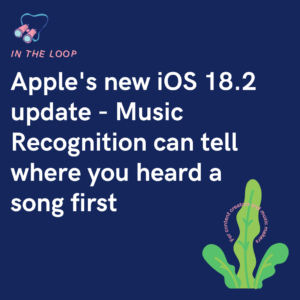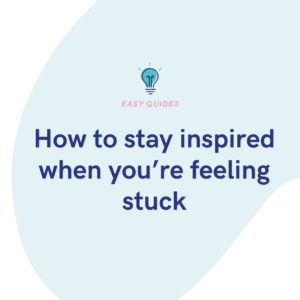If you can sing, you might want to start recording and producing your own music. Being an independent musician is a challenge, but very rewarding. Make sure you have the items listed below.

Being an independent music artist isn’t easy, it comes with its own battles. However, it’s worth it if you’re willing to put the work in. There are a lot of free platforms out there that can help with your adventure, if you know where to look. From free music editing software, to free music distributors, there is so much within reach.
In your very early days, there will be so much information you read that it will become quite overwhelming. You don’t need all pieces of equipment straight away, you can build up to this stage. To start with, you’ll only need the basics which will allow you to record and edit your music. As you grow, so can your toolkit.
1. Microphone and audio interface
To be able to record your music, you’ll need a good quality microphone. The better the quality, the better recording. It’s vital for recording vocals or even acoustic instruments. Choosing the right one can be hard, so it’s important to do your research before purchasing one. However, this should be one of the first tools you purchase.
You’ll also need an audio interface. This connects your microphone to your computer. It takes analog signals and turns them into digital content. There are a lot of popular brands of audio interfaces, so again, you need to do your research. Some popular ones are; Focusrite, PreSonus and Universal Audio.
2. Instruments and Digital Audio Workstation (DAW)
You don’t have to have an instrument of course, this is only depending on your style and genre. For those who play the guitar, piano or another instrument when singing or creating music, you’ll need to ensure you have a good quality instrument. It’s part of who you are as a musician, so it’s important that you keep it updated.
A DAW is a Digital Audio Workstation. This is a program for music producers or artists who produce music electronically. For example, those who produce house or EDM music. There are a lot of options to try; Ableton Live, Logic Pro X, FL Studio, or Pro Tools. Using one of these will allow you to record, edit, mix and master your music.
3. Headphones and studio monitors
You need to be able to block out the outside noise. A good pair of headphones will allow you to do this. Headphones rather than earphones because earphones can only produce sound, they can’t block out excess noise. When it comes to recording or mixing music, you’ll need to use headphones to hear the smaller details.
Studio monitors are speakers which are designed for music production. They flatten the frequency response so that sound is consistent across different playback systems. There are a lot of popular brands, some including; KRK, Yamaha, and Adam Audio. It’s for you to read reviews and find which will suit your set-up best.
These are just three tools we’d recommend investing in before trying to record your own music, otherwise you’ll likely find your recordings sound quite amateur. It doesn’t matter how strong your vocals are, if you can’t block out outside noise, or play around with levels to boost certain areas, your music might not be as successful as it could be.






